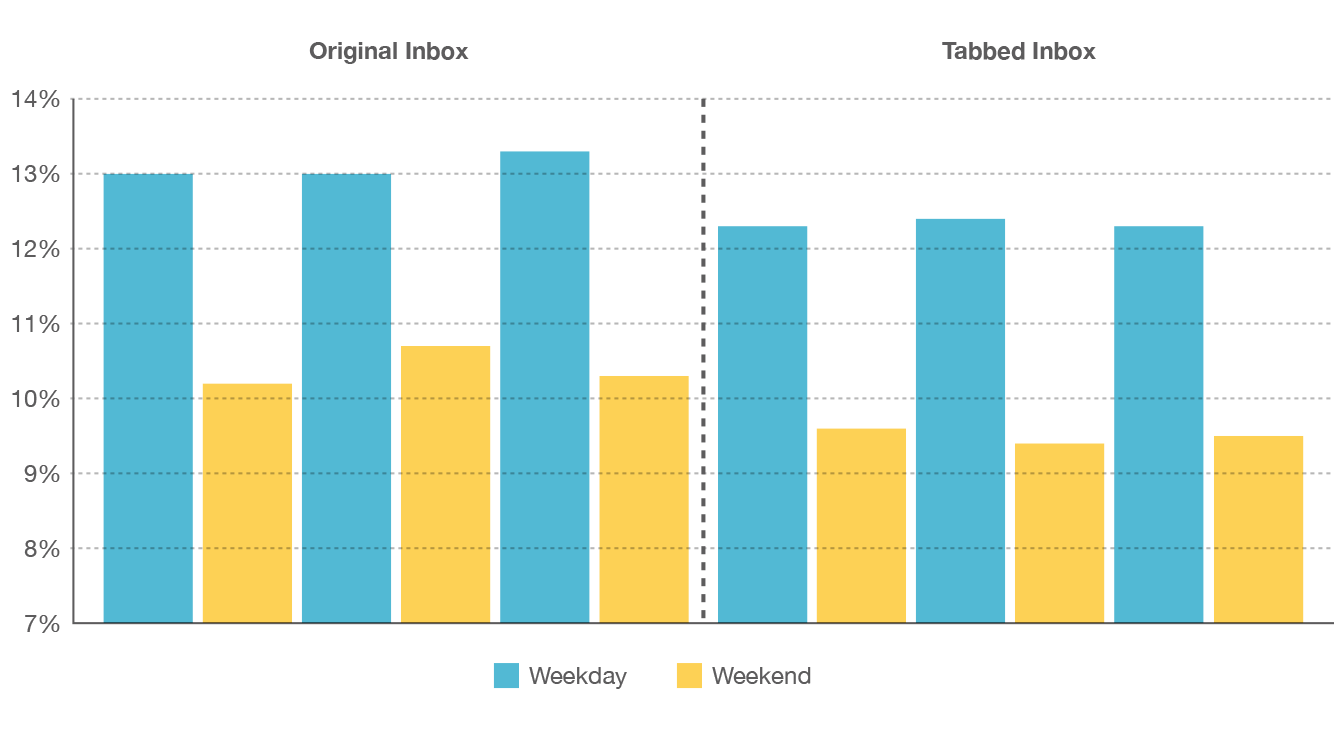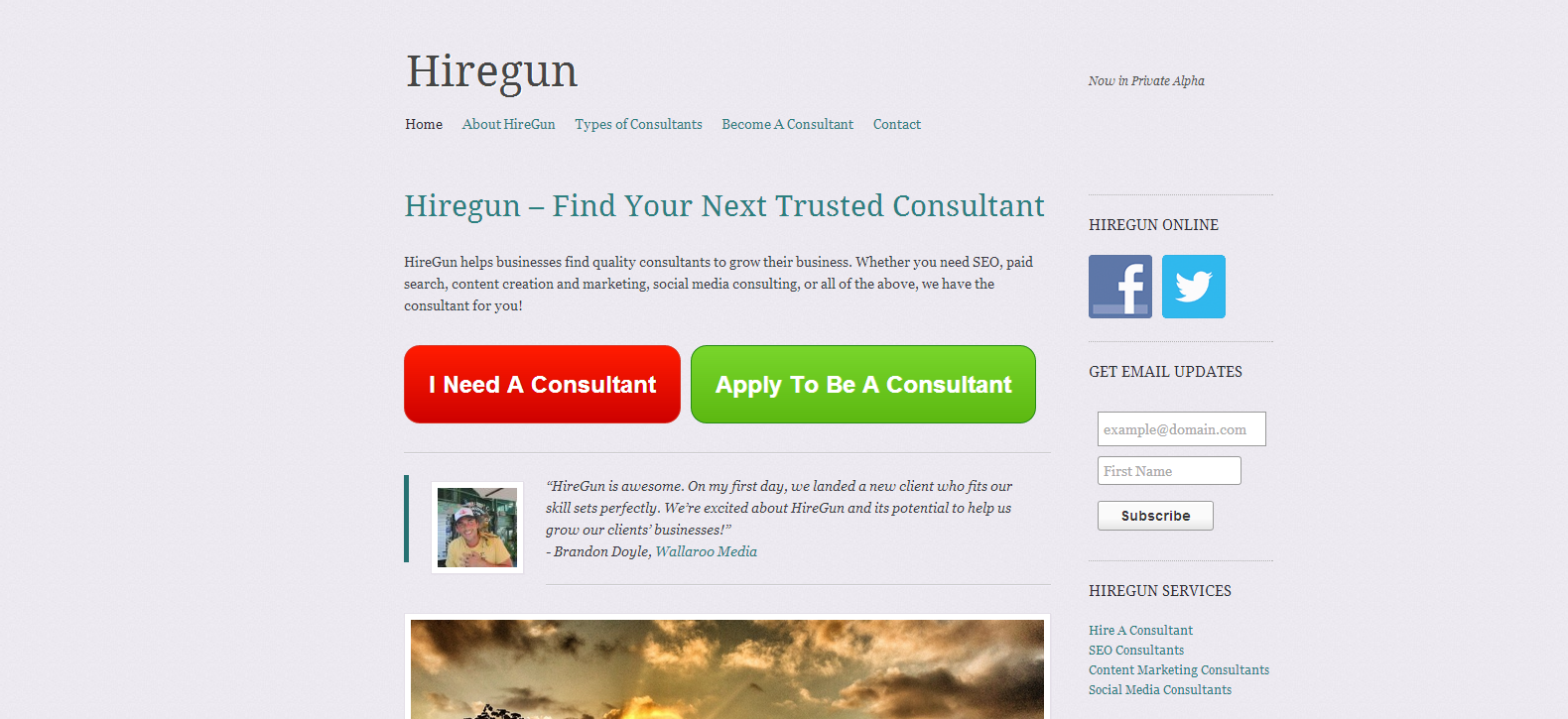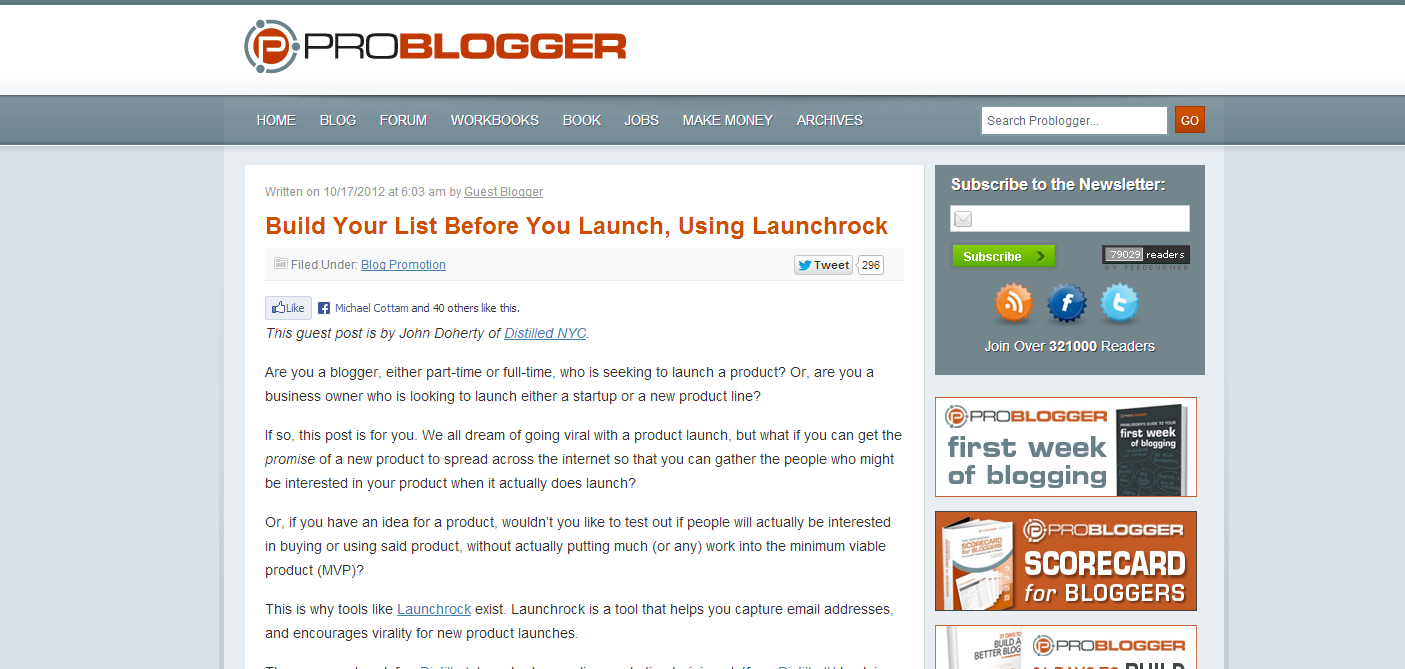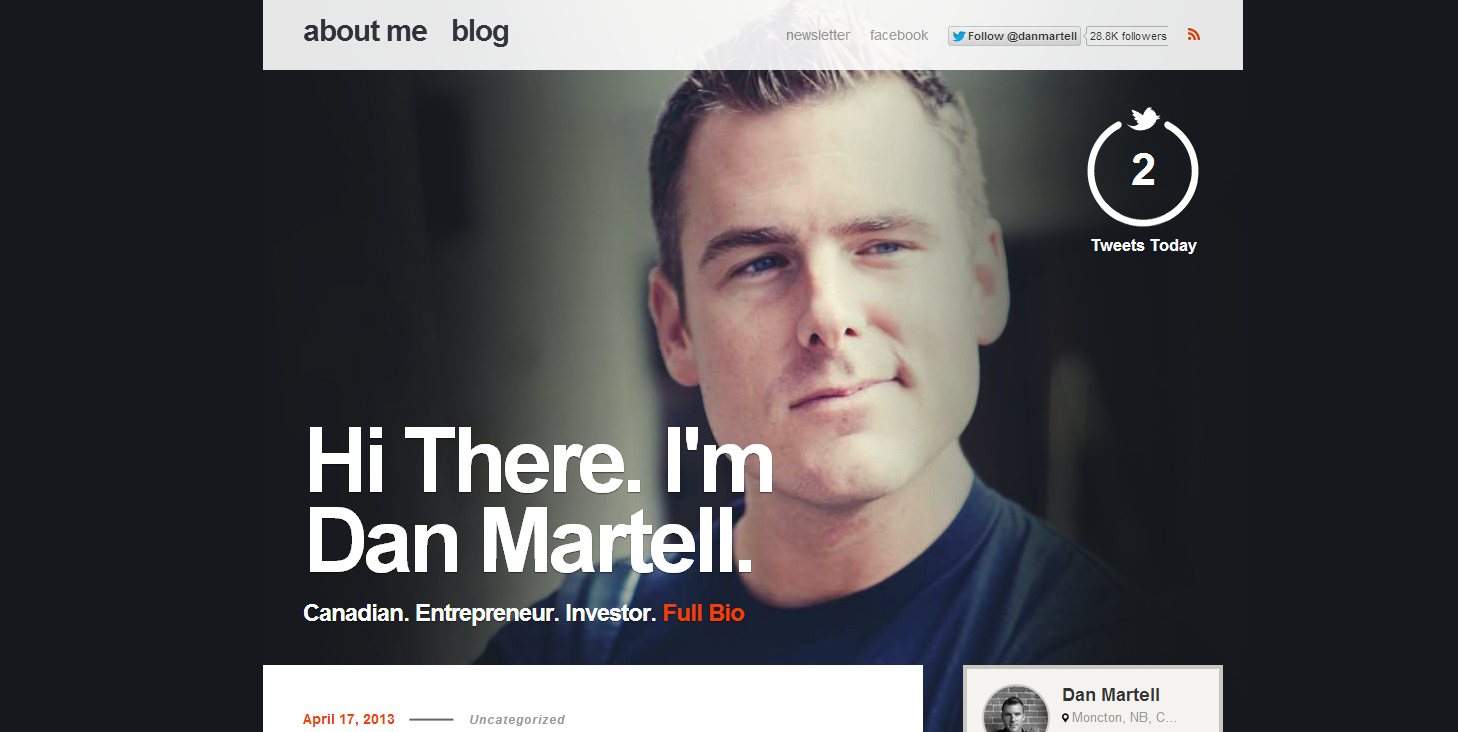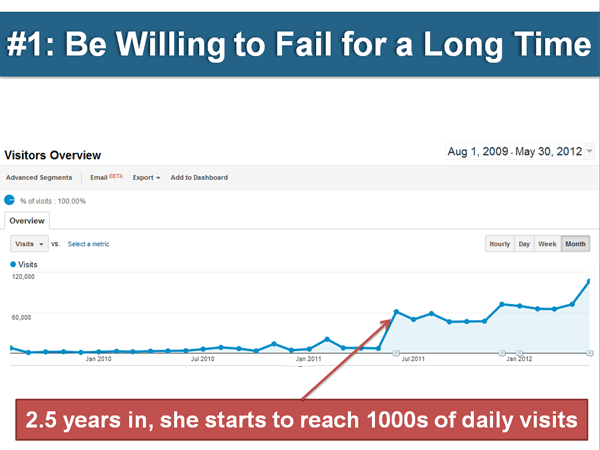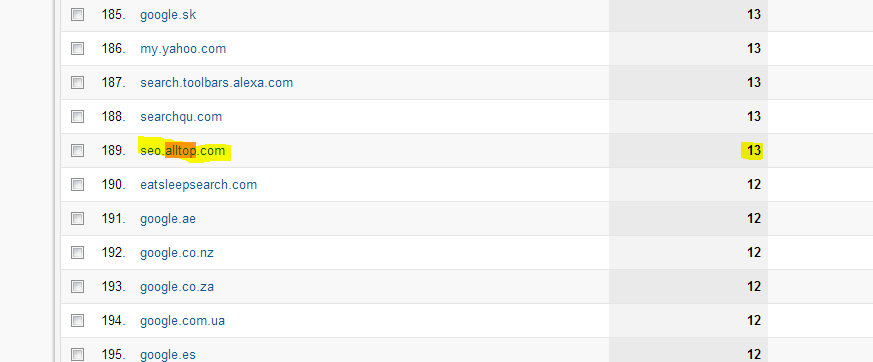I started doing SEO pretty hardcore back in the very beginning of 2010 when I was working as a book publisher from a small alpine town in Switzerland. When I discovered SEO, I had no clue where it would take me (literally and metaphorically), the people I would meet, or everything I would learn and what that would push me towards.
I started full time in Philadelphia, working with a couple of other awesome guys who mentored me, taught me the importance of hustle, and made me get insanely better at my job through data. We were a powerhouse team, and I still say that if I were to go back inhouse someday I would want both of them on the team with me.
That’s not the point of this post, though. You see, this past Friday (March 15th) was the final Linklove that Distilled plans to put on. We don’t believe that linkbuilding is dead or dying, but it has definitely changed and many of the old tactics and tricks that worked so well for so long (crap directories, aggressive anchor text, spun content, sidebar widgets en masse) have gone out the window and even become toxic. I wish I could tell you all about my adventures in the past months with link removal and the insanity of the cost both in terms of effort and impact to the business being affected.
But that’s also not the point of this point.
You see, two years ago today Linklove changed my life. Read more about It All Started At Linklove …
